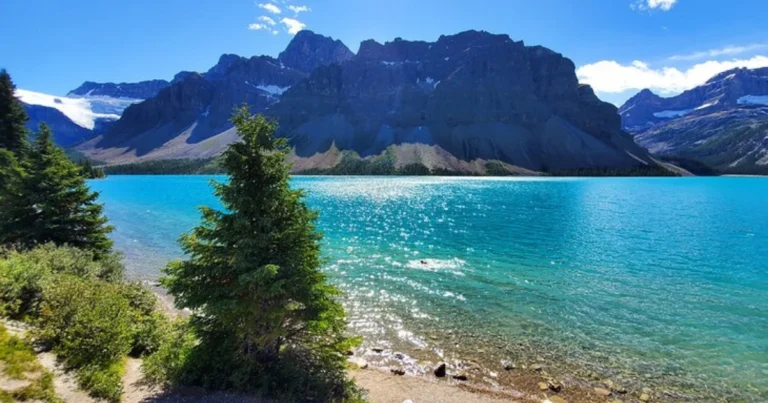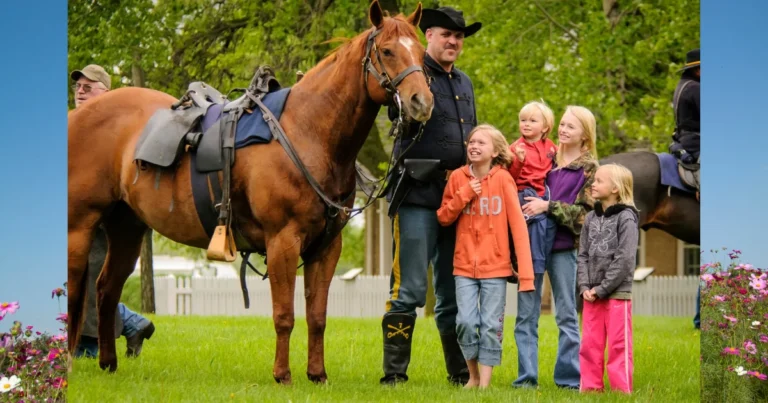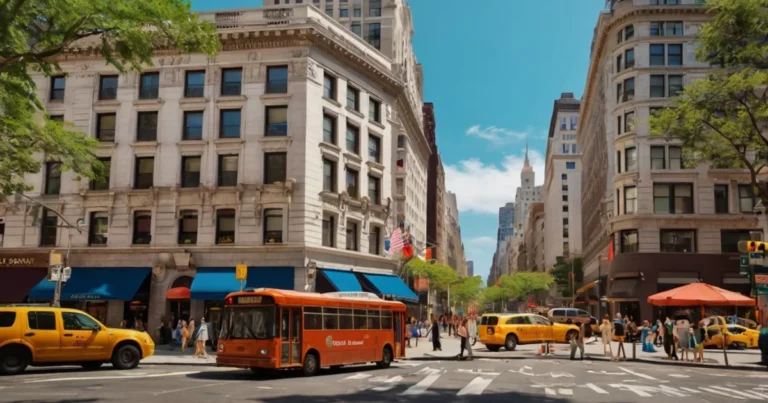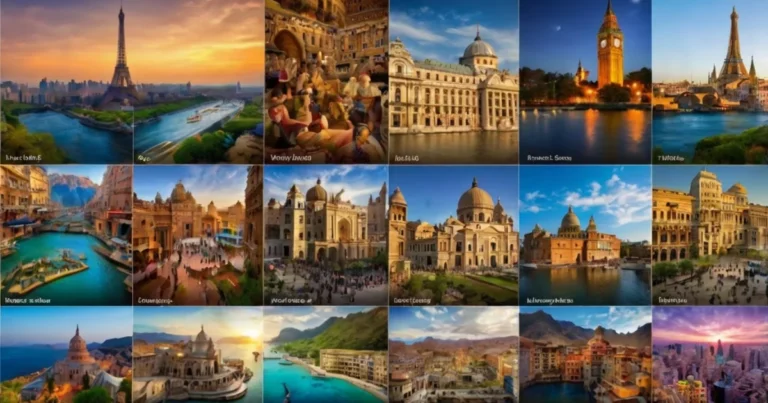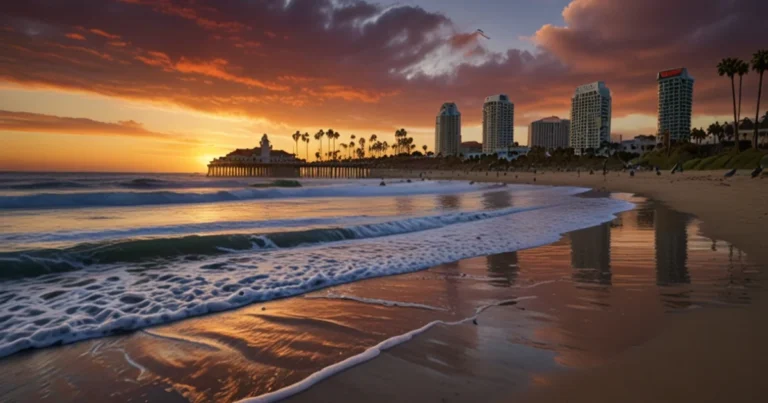Unveiling Hue’s Enchantment: A Beginner’s Guide to Must-Do Activities
Hue, the captivating former imperial capital of Vietnam, beckons travelers with its rich history, architectural wonders, and serene natural beauty. Nestled along the Perfume River, Hue offers an intoxicating blend of ancient charm and vibrant culture. Whether you’re a history buff, an adventure seeker, or a nature enthusiast, Hue has something to enthrall you. This beginner’s guide unveils the top activities, hidden gems, and essential tips to plan your perfect Hue itinerary.

Unveiling Hue’s Historical Gems
Hue’s historical significance is undeniable. Immerse yourself in the city’s storied past with these must-see landmarks:
-
Hue Imperial City (The Citadel): Step back in time and explore the imposing Citadel, a UNESCO World Heritage Site. Encompassing the Forbidden Purple City, this former imperial palace complex offers a glimpse into Vietnam’s dynastic past.
-
Royal Tombs: Scattered around Hue lie the elaborate tombs of emperors past. Each tomb boasts unique architectural styles, reflecting the emperor’s personality and beliefs. Explore the serene gardens and intricate structures for a fascinating historical journey.
-
Thien Mu Pagoda: Ascend the seven-story Thien Mu Pagoda, Hue’s tallest pagoda, for breathtaking panoramic views and a tranquil atmosphere. This iconic landmark offers a spiritual haven amidst the city’s energy.
Beyond the Palaces: Exploring Hue’s Cultural Delights
Hue’s cultural tapestry extends far beyond its historical sites. Here’s how to delve deeper:
-
Dong Ba Market: Immerse yourself in the vibrant chaos of Dong Ba Market, a bustling hub for local produce, handicrafts, and souvenirs. Be prepared to bargain and soak up the authentic Vietnamese atmosphere.
-
Hue Museum of Royal Antiquities: Delve into the artistic heritage of the Nguyen Dynasty at the Hue Museum of Royal Antiquities. This museum houses an extensive collection of artifacts, from royal garments and ceramics to weaponry and musical instruments.
-
Perfume River Cruise: Glide down the Perfume River, the city’s lifeblood, on a traditional dragon boat cruise. Admire the city’s skyline from a different perspective and enjoy the serene beauty of the surrounding landscapes.
Venturing Beyond the City: Nature’s Embrace Awaits
Hue isn’t just about historical and cultural immersion. Embrace the natural beauty surrounding the city:
-
Bach Ma National Park: Escape the city and immerse yourself in the lush greenery of Bach Ma National Park. Hike through rainforests, discover cascading waterfalls, and encounter diverse wildlife, including endangered species like the crested gibbon.
-
Lang Co Beach: Unwind on the pristine sands of Lang Co Beach, a hidden gem south of Hue. Relax on the beach, take a dip in the turquoise waters, or try your hand at water sports like surfing or kayaking.
-
Thuy Bieu Village: Experience a slice of rural life in Thuy Bieu Village, a charming traditional village set amidst rice paddies. Explore the village on a bicycle, interact with local artisans, and learn about traditional crafts.
Foodie Delights: Tantalizing Your Taste Buds in Hue
Hue’s culinary scene is a delectable journey through central Vietnamese flavors. Here are some must-try dishes:
-
Bun Bo Hue: Savor Hue’s signature dish – a spicy noodle soup with rich beef broth, rice noodles, and various toppings.
-
Banh Beo: Indulge in these delicate steamed rice crepes filled with savory shrimp or pork fillings.
-
Com Hen: Hue offers a unique take on chicken rice with “Com Hen,” featuring small, flavorful rice accompanied by shredded chicken and a flavorful dipping sauce.
Experiencing Hue’s Nightlife: Beyond History
Hue’s evenings offer a different charm. Here are some options:
-
Night Market: Wander through the vibrant night market, bustling with street food vendors, local handicrafts, and lively entertainment.
-
Live Music Cafes: Unwind at a cozy cafe and enjoy live music performances by local artists.
-
Rooftop Bars: Cap off your day with stunning city views and refreshing drinks at a rooftop bar.
Planning Your Hue Adventure: Essential Tips
To ensure a smooth and enjoyable Hue experience, consider these tips:
- Best Time to Visit: Hue experiences a tropical climate with distinct wet and dry seasons. The best time to visit is generally between February and April or September to November, offering pleasant weather.
- Getting There: Hue is accessible by plane, train, or bus. Domestic flights connect Hue to major Vietnamese cities like Hanoi and Ho Chi Minh City. Alternatively, scenic train rides or comfortable bus journeys offer a different perspective on Vietnam’s landscapes.
- Getting Around: Hue is a relatively compact city. Walking is an excellent way to navigate the central districts. Bicycles can be rented for exploring further distances or venturing into the countryside. Taxis and motorbike taxis (xe om) are readily available for convenient transportation.
- Accommodation: Hue offers a variety of accommodation options to suit all budgets and preferences. From charming boutique hotels in the ancient town to budget-friendly guesthouses and luxurious riverside resorts, you’ll find the perfect place to rest your head.
-
Essential Vietnamese Phrases for Your Hue Trip
Learning a few basic Vietnamese phrases will enhance your experience:
- Xin chào (Hello): A friendly greeting.
- Cảm ơn (Thank you): Express your appreciation.
- Bao nhiêu? (How much?): Useful for bargaining at the market.
- Không sao (It’s okay): A polite way to decline.
- Một (One), Hai (Two), Ba (Three): Learning basic numbers helps with shopping and ordering food.
Respectful Travel: Mindful Exploration in Hue
Hue’s rich cultural heritage deserves respect. Here are some mindful travel tips:
- Dress modestly: When visiting religious sites like pagodas, opt for clothing that covers shoulders and knees.
- Remove shoes: It’s customary to remove shoes before entering temples and pagodas.
- Be mindful of noise levels: Maintain a respectful volume in temples and other sacred places.
- Support local businesses: Patronize local restaurants, shops, and hotels to contribute to the local economy.
- Practice responsible tourism: Be mindful of your environmental impact by properly disposing of waste and respecting the natural beauty of the area.
FAQs
1. Is Hue safe for tourists?
Hue is generally considered a safe city for tourists. However, as with any travel destination, it’s always wise to be vigilant and exercise common sense.
2. Do I need a visa to visit Hue?
Check with the Vietnamese embassy or consulate in your home country for the latest visa information.
3. How much money do I need for a trip to Hue?
Hue offers travel options for various budgets. Costs will vary depending on your accommodation type, activities, and eating habits. Budget $30-50 USD per day for basic expenses and more for a luxurious experience.
4. What is the currency in Vietnam?
The Vietnamese Dong (VND) is the official currency. You can exchange your currency for VND at banks, airports, and licensed money changers. ATMs are widely available in Hue, allowing for convenient cash withdrawals.
5. Is it easy to find vegetarian food in Hue?
Hue offers a decent selection of vegetarian options. Look for restaurants with “chay” (vegetarian) on their menu or ask about vegetarian dishes. Many Buddhist pagodas also serve vegetarian meals.
Hue awaits you with its captivating history, vibrant culture, and stunning natural beauty. This beginner’s guide has equipped you with the knowledge and essential tips to plan your dream Hue adventure. So, pack your bags, embrace the spirit of exploration, and get ready to be enchanted by this unforgettable Vietnamese gem.

